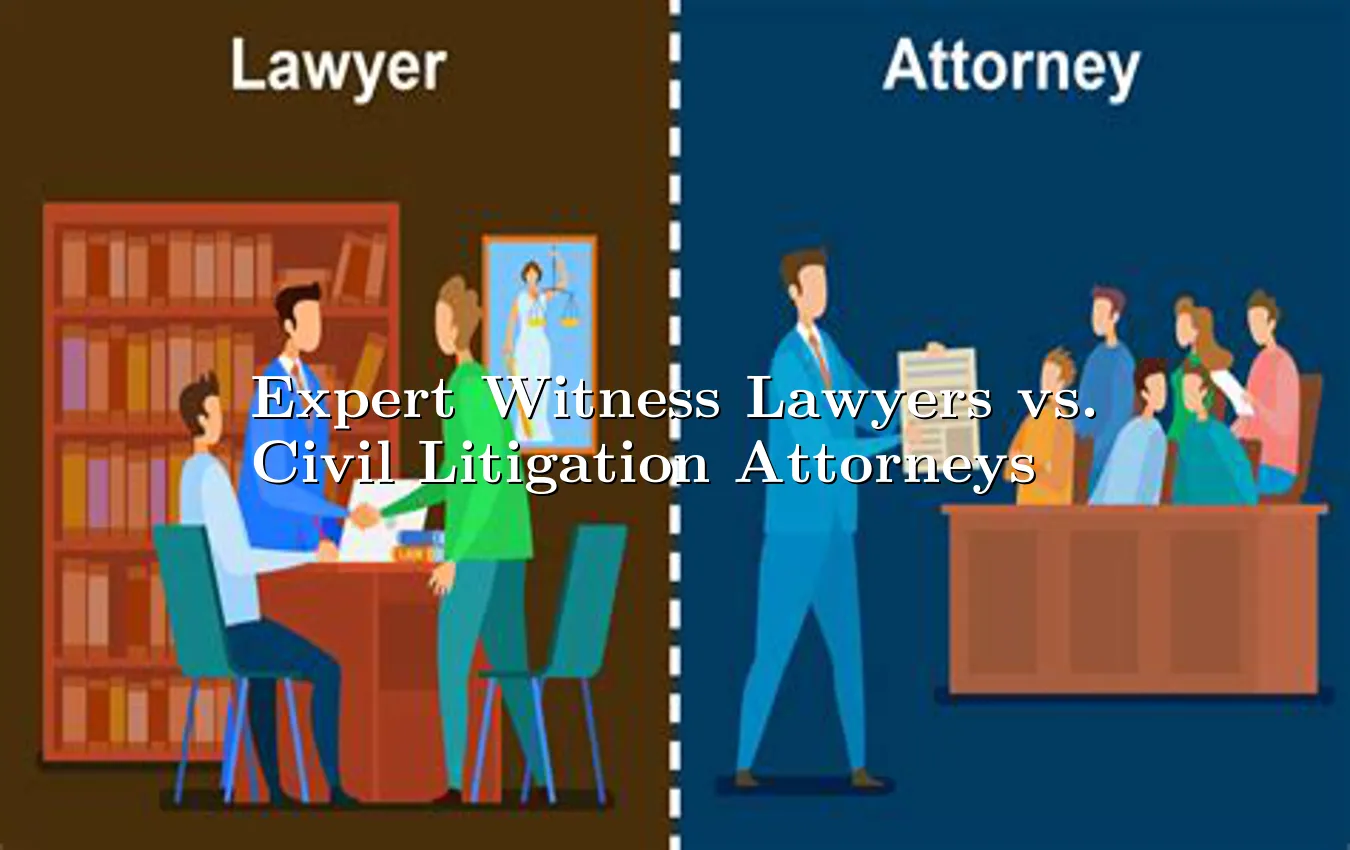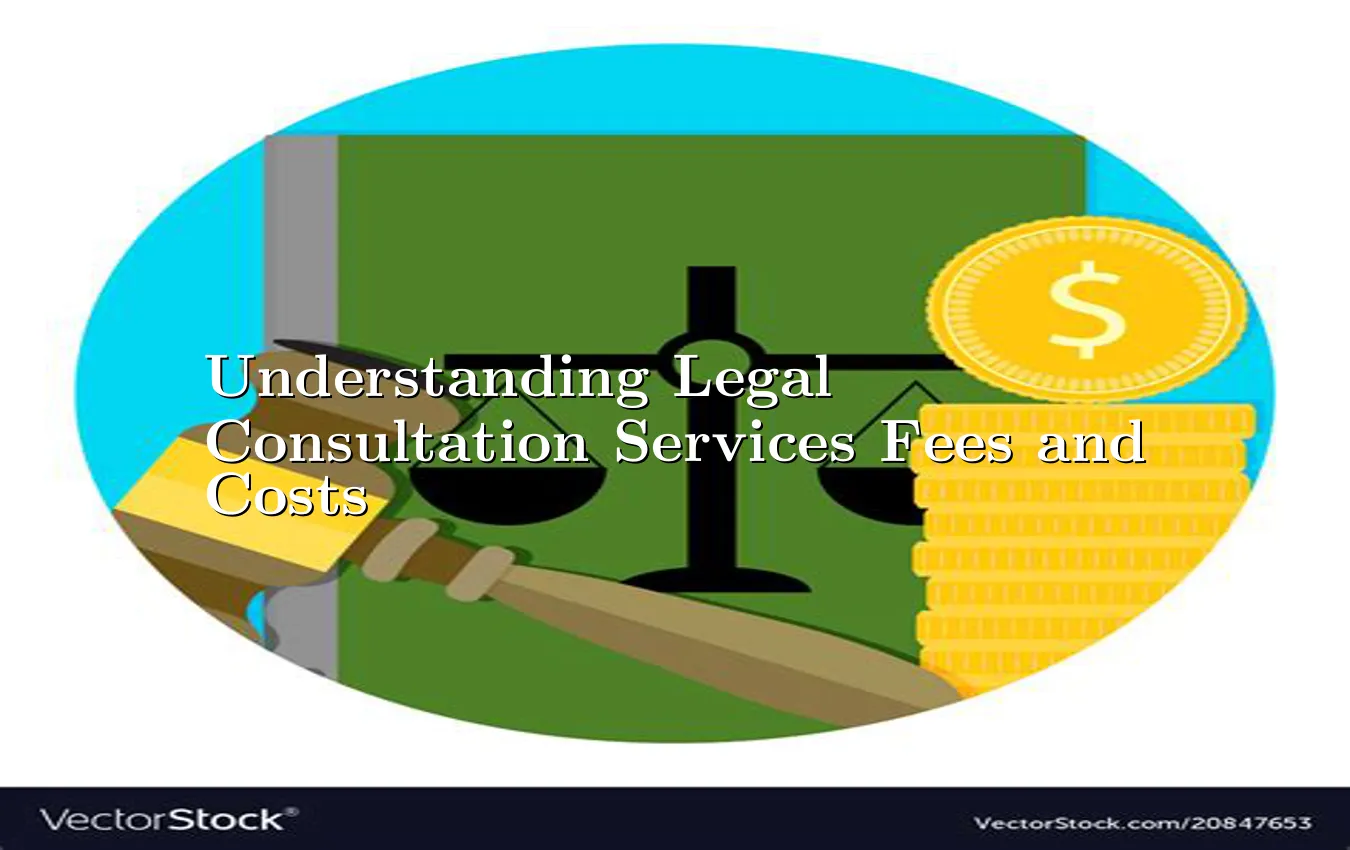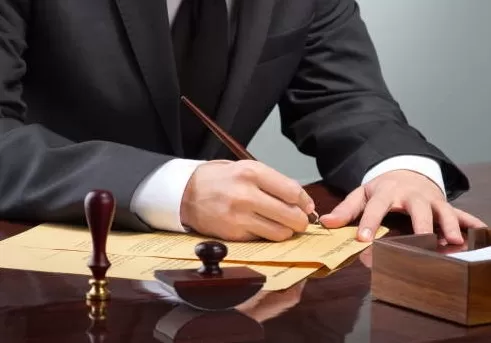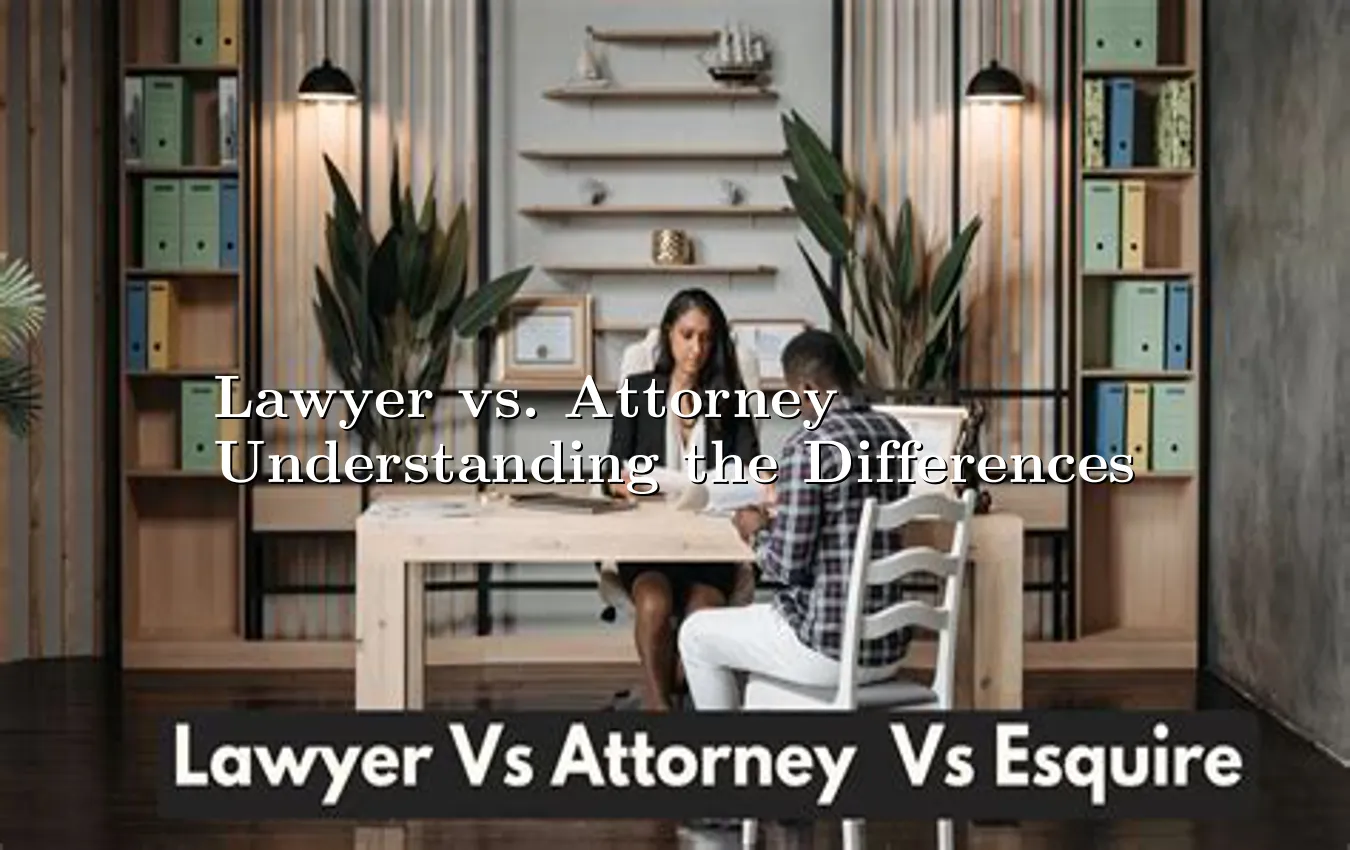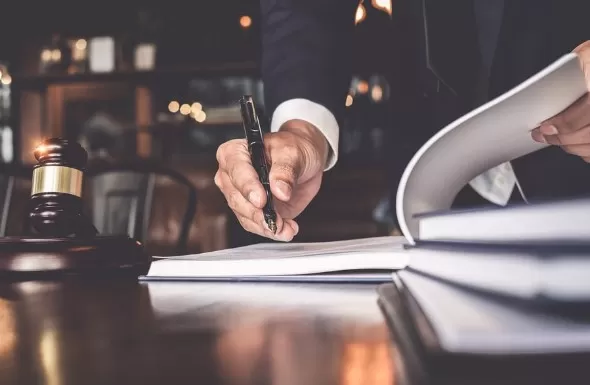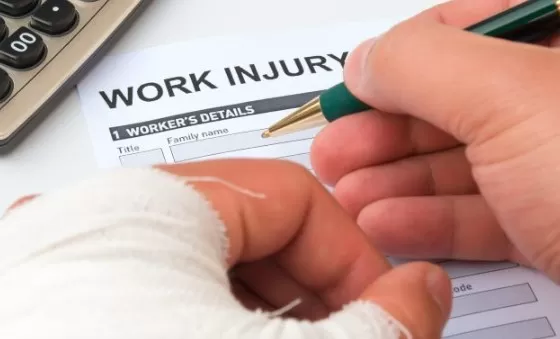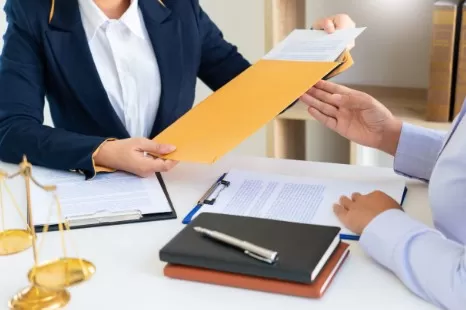
Description : Navigating the complexities of civil law can be daunting. This comprehensive guide provides a thorough analysis of finding a reputable civil lawyer, exploring key factors, common issues, and practical steps to ensure a successful outcome.
Finding the right reputable civil lawyer is crucial for anyone facing a civil legal issue. Whether it's a complex contract dispute, a property claim, or a personal injury case, the right legal representation can significantly impact the outcome. This analysis delves into the essential factors to consider when selecting a reputable civil lawyer, providing a roadmap to navigate the often-confusing legal landscape.
Choosing the correct legal counsel is not just about finding someone with a law degree; it's about selecting a lawyer with the specific expertise and experience to effectively handle your case. Complete analysis of a lawyer's qualifications, experience, and reputation is essential to make an informed decision. This article will guide you through the process, from initial consultations to assessing their track record.
This comprehensive guide will equip you with the knowledge to make an informed decision, ensuring you find a reputable civil lawyer who can effectively advocate for your interests and achieve a positive outcome. We will explore various factors, including legal expertise, experience, and reputation, to help you navigate the process and find the right legal partner for your needs.
Read More:
Understanding the Importance of a Reputable Civil Lawyer
Civil law encompasses a broad range of legal issues, from breach of contract to personal injury claims. A reputable civil lawyer possesses the knowledge and skills to navigate these complex legal matters. They are adept at interpreting laws, building strong cases, and negotiating favorable settlements.
Key Factors in Choosing a Civil Lawyer
Experience and Expertise: Look for a lawyer with proven experience in handling cases similar to yours. Research their past cases and outcomes. An attorney specializing in a particular area of civil law (e.g., property disputes) is often more effective than a generalist.
Reputation and Reviews: Investigate the lawyer's reputation amongst peers and past clients. Online reviews, recommendations from trusted sources, and professional organizations can offer valuable insights.
Communication Skills: A lawyer who effectively communicates your needs and updates you on the progress of your case is crucial. Schedule consultations to assess their communication style and responsiveness.
Fees and Payment Structure: Clearly understand the lawyer's fee structure, including upfront costs, hourly rates, or contingency arrangements. A transparent fee schedule will avoid misunderstandings.
Investigating a Lawyer's Background and Experience
Thorough research is paramount to finding a reputable civil lawyer. Don't just rely on online profiles; delve deeper into their legal background.
Evaluating a Lawyer's Qualifications
Bar Admissions and Certifications: Verify the lawyer's membership in the relevant bar associations and any specialized certifications they hold.
Education and Training: Review their educational background, including law school, and any relevant postgraduate training.
Professional Affiliations: Consider any professional organizations or memberships the lawyer belongs to, indicating their commitment to the legal profession.
Interested:
Assessing a Lawyer's Case History
Case Studies and Success Rates: Inquire about the lawyer's past cases, their outcomes, and any publicly available information on their success rate.
Client Testimonials and Reviews: Seek out testimonials from previous clients to understand their experiences with the lawyer's approach and results.
Referrals and Recommendations: Ask for referrals from trusted sources, such as friends, family, or colleagues, who have experience with civil lawyers.
Preparing for Your Initial Consultation
A thorough consultation is essential to understand whether a lawyer is a good fit for your case.
Understanding Your Needs
Clearly Define the Issue: Detail the specific legal problem you're facing, highlighting the key facts and circumstances.
Outline Your Goals: Clearly articulate your desired outcome and expectations for the legal process.
Gather Relevant Documents: Compile all necessary documents, such as contracts, agreements, or other relevant evidence, to support your case.
Maximizing Your Consultation
Ask Specific Questions: Prepare a list of questions to assess the lawyer's knowledge, experience, and approach to your specific issue.
Evaluate Communication Style: Pay attention to how the lawyer communicates, their responsiveness, and how well they explain complex legal concepts.
Assess Their Understanding: Evaluate if the lawyer fully understands your case and its complexities.
Selecting a reputable civil lawyer is a critical step in navigating a civil legal issue. By thoroughly researching a lawyer's experience, reputation, and communication style, you can make an informed decision. A complete analysis of these factors ensures you find the right legal representation to achieve a positive outcome. Remember that clear communication, a well-defined understanding of your needs, and a thorough consultation are essential to finding the right legal partner for your case.
Don't Miss:





